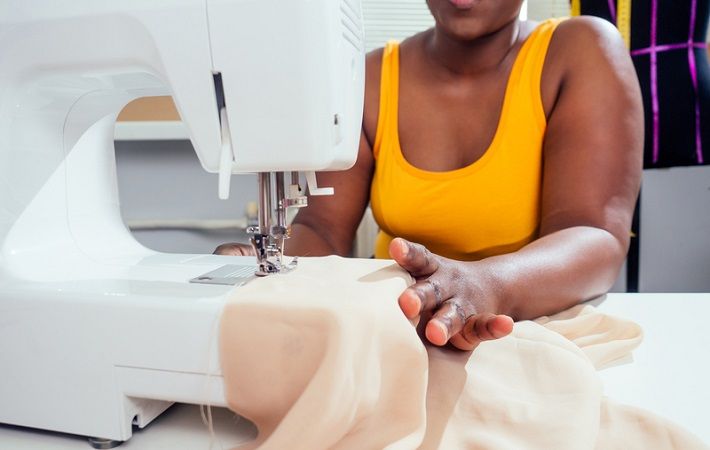
The Acts aim to improve opportunities for the Haitian people through trade preferences designed to support manufacturing jobs in the apparel industry. The trade preferences available under HOPE/HELP are specifically designed for Haiti, and are currently scheduled to expire on September 30, 2025.
Welcoming the legislation to extend these Acts, American Apparel & Footwear Association (AAFA) president and CEO Steve Lamar said, “Haiti is an important partner to the industry, both as a source of finished apparel and a market for American-made components.
“Haiti has experienced many hardships in recent years, from natural disasters to political unrest. Renewing these programmes encourages companies to continue to work in Haiti and grow the industry there. While a stronger industry is beneficial for the Haitian people, it also supports thousands of American jobs that rely on Haiti as a market for US-made textiles. Thank you to Senators Rubio and Cassidy, and Representatives Salazar and Wilson for introducing this important legislation.”
The HOPE Act of 2006 was enacted by the US Congress partially in response to concerns over Haiti’s apparel parity issue, and it went into effect on March 19, 2007. Congress provided HOPE in addition to other trade preferences under the General System of Preferences (GSP), Caribbean Basin Economic Recovery Act (CBERA), and CBTPA. Eligibility criteria includes progress towards achieving a market-based economy, increasing employment, enhancing the rule of law, eliminating barriers to US trade, combating corruption, and protecting internationally recognised human and worker rights.
In May 2008, the US Congress passed an extended HOPE bill—HOPE II. The HOPE II bill includes an increase in the Tariff Preference Level (TPL) for woven and knit products from 50,000,000 to 70,000,000 square metre equivalent; co-production with the Dominican Republic; and the inclusion of luggage, headgear, and sleepwear.
HOPE established special new rules of origin that make Haiti eligible for new trade benefits for apparel imports, and that enhance sourcing flexibility for apparel producers in Haiti. HOPE II modified the existing trade preference programmes under HOPE, and HELP provided duty-free treatment for additional textile and apparel products from Haiti.
The Acts are conditioned on both the Haitian government and individual producers meeting certain core labour standards and Haitian labour laws. Producers must participate in a Technical Assistance Improvement and Compliance Needs Assessment and Remediation (TAICNAR) programme and comply with internationally agreed core labour standards.
The HELP Act helps create sustainable support for Haiti’s economy by expanding tariff benefits for certain Haitian textile and apparel exports to the United States. HELP also allows the expansion of duty-free access to the US market for Haitian textile and apparel exports and extends existing trade preference programmes for Haiti.
Fibre2Fashion News Desk (RKS)